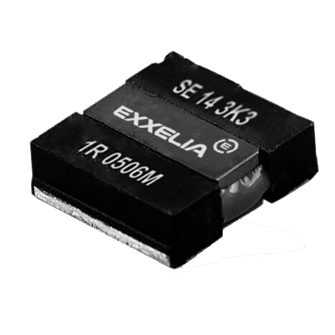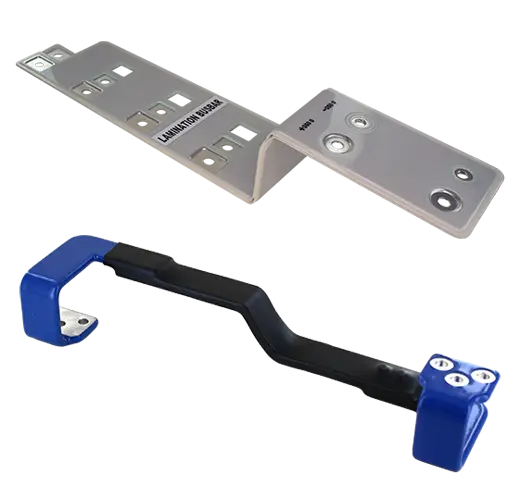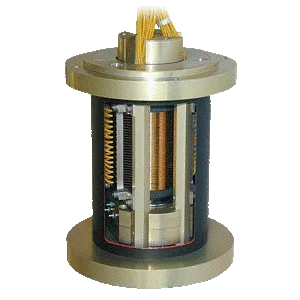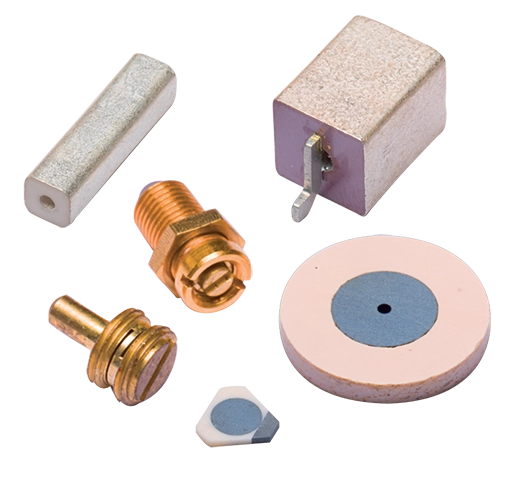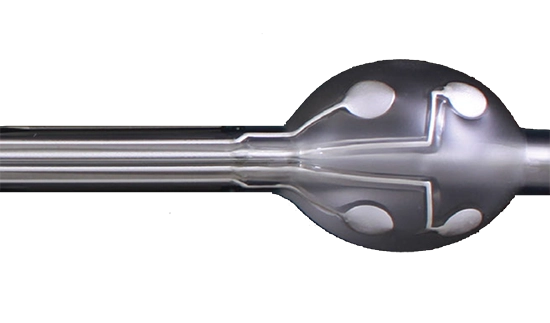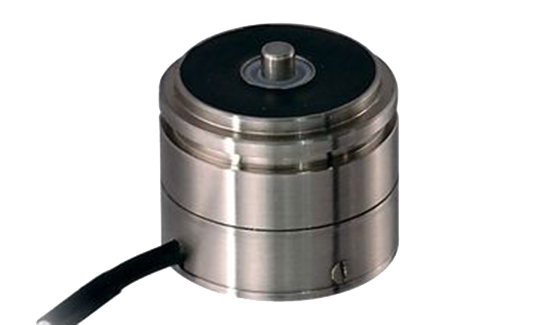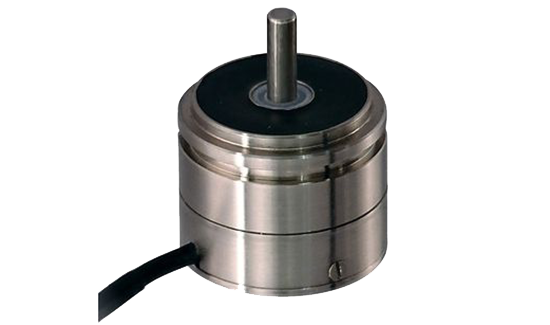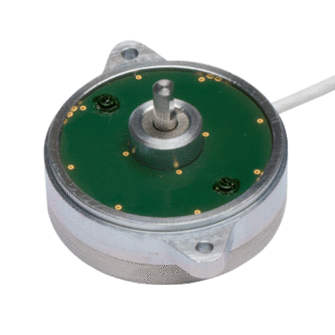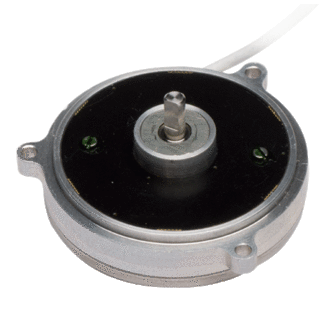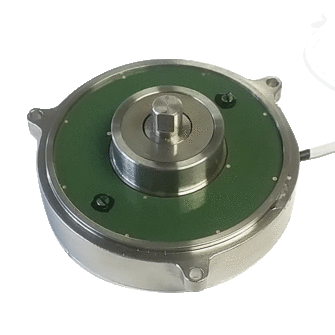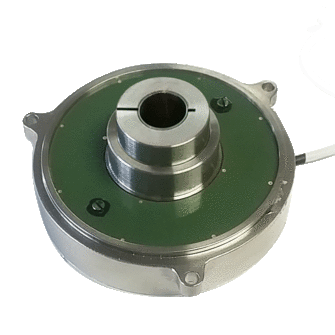
Optical Rotary Encoders
Filtre
Operating Temp
-45°C
115°C
Diameter (Outside Diameter)
27mm
Mounting
Servo
Flange
Operating Temp
-45°C
115°C
Diameter (Outside Diameter)
32mm
Mounting
Servo
Flange
Operating Temp
-55°C
115°C
Diameter (Outside Diameter)
34mm
Mounting
Servo
Flange
Operating Temp
-55°C
115°C
Diameter (Outside Diameter)
51mm
Mounting
Servo
Flange
Operating Temp
-55°C
115°C
Diameter (Outside Diameter)
55mm
Mounting
Servo
Flange
Custom Optical Encoders
Custom example
Operating Temp
-55°C
115°C
Diameter (Outside Diameter)
22mm
55mm
Mounting
Servo
Flange
|
Name
|
Download
|
Operating Temp
|
Diameter (Outside Diameter)
|
Mounting
|
Sealing
|
Housing Diameter
|
Length
|
Weight
|
Vibrations
|
Resolution
|
Accuracy
|
Shocks
|
Rotation speed
|
|---|---|---|---|---|---|---|---|---|---|---|---|---|---|
| AE09 | -45°C ~ 115°C | 22mm | Servo, Flange | IP40 | 20mm ~ 30mm | 18mm | 35g | 20g.acc | up to 19 bits | Arcmin | 50g.acc | 300rpm | |
| AE11 | -45°C ~ 115°C | 27mm | Servo, Flange | IP40 | 20mm ~ 30mm | 24mm | 40g | 20g.acc | up to 19 bits | Arcmin | 50g.acc | 300rpm | |
| AE13 | -45°C ~ 115°C | 32mm | Servo, Flange | IP40 | 30mm ~ 45mm | 11.5mm | 40g | 20g.acc | up to 21 bits | +/- 40 arc sec | 50g.acc | 300rpm | |
| AE15 | -55°C ~ 115°C | 34mm | Servo, Flange | IP40 | 30mm ~ 45mm | 10mm | 60g | 20g.acc | up to 21 bits | +/- 40 arc sec | 50g.acc | 300rpm | |
| AE23 | -55°C ~ 115°C | 51mm | Servo, Flange | IP40 | 45mm | 12.4mm | 200g | 20g.acc | up to 21 bits | +/- 20 arc sec | 50g.acc | 300rpm | |
| AE23H | -55°C ~ 115°C | 55mm | Servo, Flange | IP40 | 45mm | 18mm | 100g | 20g.acc | up to 21 bits | +/- 20 arc sec | 50g.acc | 300rpm | |
| Custom Optical Encoders | - |
-55°C ~ 115°C | 22mm ~ 55mm | Servo, Flange | Rotary or Linear, IP40 | 20mm ~ 45mm | 10mm ~ 24mm | 35mg ~ 200mg | 20g.acc | up to 21 bits | - | - | - |
Optical Rotary Encoders
Optical sensing provides the highest resolution, accuracy, operating speed, and reliability, as well as long life operation in most environments (shocks, vibrations, large operating temperature range,...).
Each product can be customized and fully custom versions are available.

Frequently Asked Questions
Find answers to the most frequently asked questions about our products and services.
Still have questions ?
Can’t find the answer you’re looking for ? Please contact with our customer service
Contact


